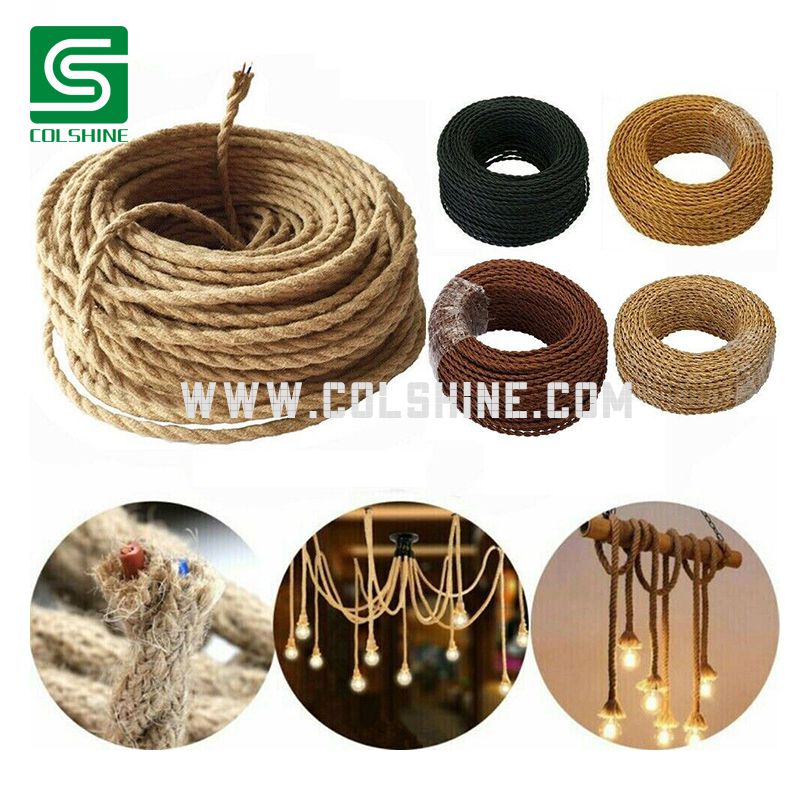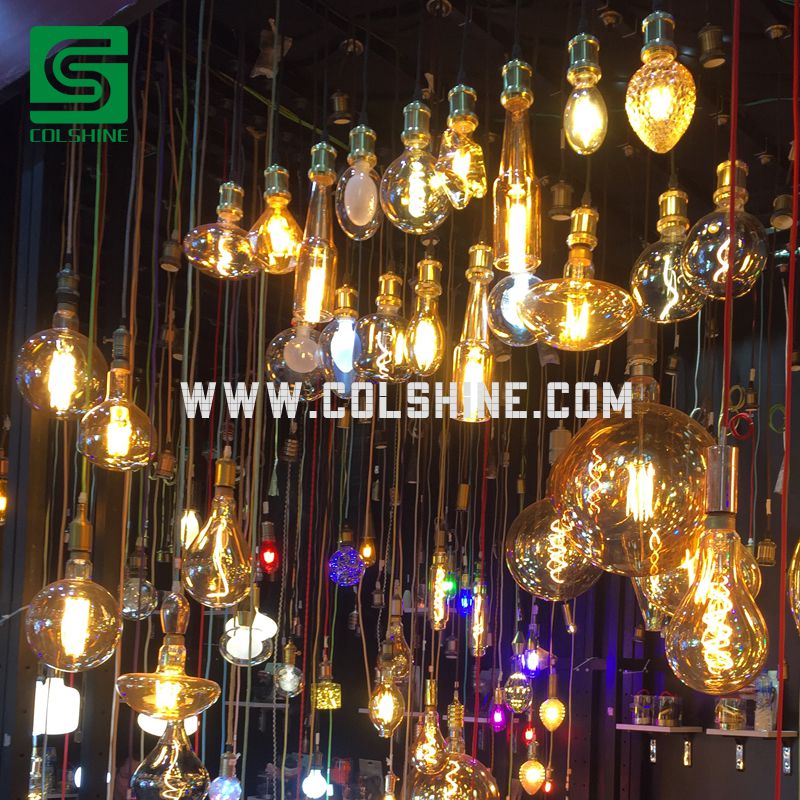
Views: 3578 Author: Publish Time:2023-02-05 10:16:39 Origin: Colshine
A fabric lighting cable is a type of cable designed for use in lighting fixtures. It is typically made from a braided fabric material that is both flexible and durable, allowing it to be easily woven into lighting fixtures or bent into the desired shape. The cable usually contains one or more electrical conductors that are used to carry power from the lighting source to the fixture. Additionally, the fabric material provides insulation, protecting against electrical shock and fire hazards. This type of cable is commonly used in pendant lighting, chandeliers, and other decorative lighting fixtures, offering a stylish and versatile alternative to traditional metal or plastic cables.

how do i use the textile cables?
Textile cables are often used in lighting fixtures, but they can also be used in a variety of other applications where a flexible and decorative cable is needed. Here are some steps for using textile cables:
Determine the power requirements: Before using a textile cable, determine the power requirements for the device or fixture it will be used with. This will help you select the appropriate cable with the correct voltage rating and current-carrying capacity.
Choose the right connectors: If the textile cable is going to be connected to other electrical components, choose the appropriate connectors for the job. Make sure the connectors are compatible with the cable and the devices they will be connecting to.
Prepare the cable: If necessary, cut the cable to the desired length. Strip the ends of the cable to reveal the electrical conductors.
Make the connections: Connect the appropriate connectors to the ends of the cable and tighten the screws securely.
Install the cable: Install the textile cable in the desired location, securing it with cable ties or other appropriate hardware as necessary.
Test the connections: Once the cable is installed, test the connections to make sure they are secure and functioning properly.
Note: When working with electrical components, always make sure to observe safety precautions, such as turning off power before making connections, wearing protective equipment, and following all local codes and regulations.
